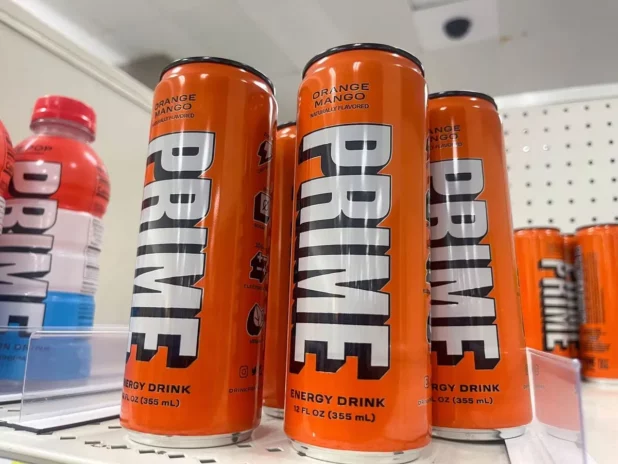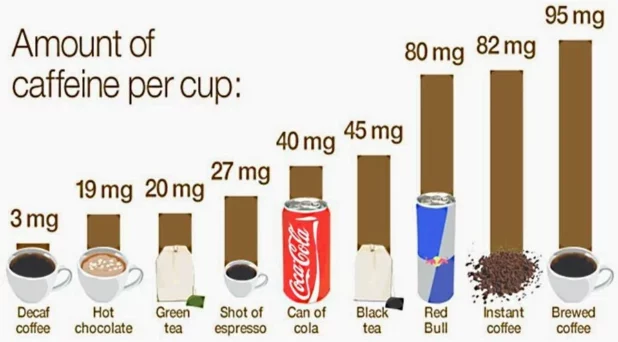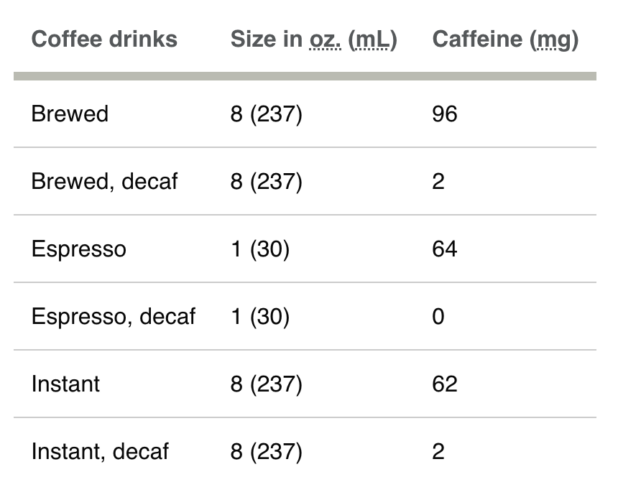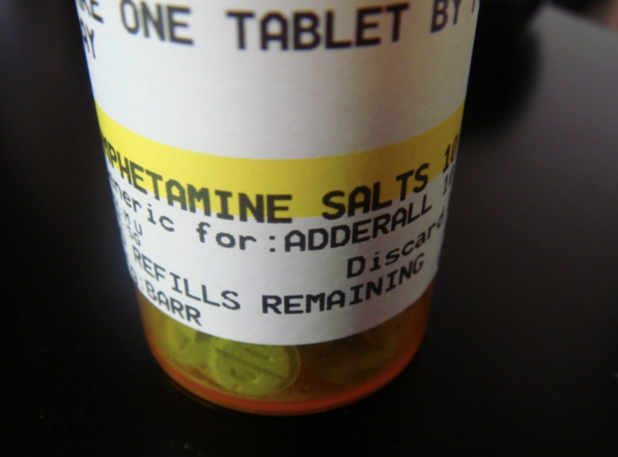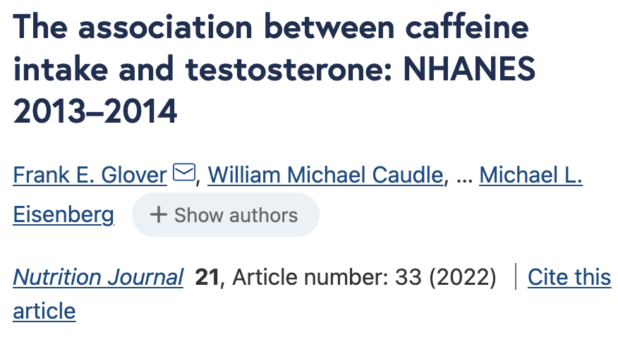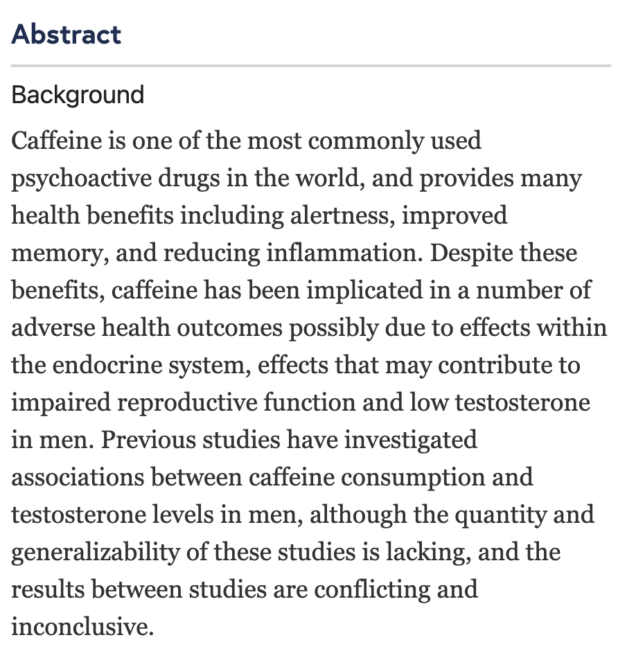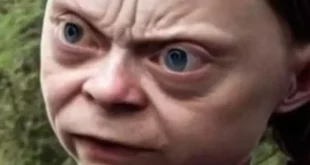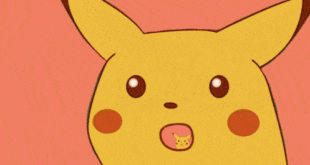Most energy drinks do not even have as much caffeine as coffee.
The problem is not the caffeine, it’s the sugar – which is the same as in any other soda, and actually often lower.
You should have to be 18 to buy sugary drinks. In fact, sugary drinks should have a label on them saying they lead to death. They’re a lot more dangerous than cigarettes, I can tell you that. It’s well established.
Caffeine is not even a problem. This is dumb.
Pediatricians and parents are calling for the U.S. to treat new high-caffeine energy drinks like alcohol and cigarettes and ban their sale to minors as a single serving can contain as much caffeine as six Coca-Colas.
Prime Energy, which launched this year, has 200 mg of caffeine within its 350 ml can — exceeding permissible caffeine levels in Canada, Australia and New Zealand. Rival products like Anheuser Busch InBev-backed (ABI.BR) Ghost energy drinks and Kim Kardashian’s “Kimade” energy drink also have 200 mg of caffeine. Competitor Monster Energy (MNST.O) contains 150 mg of caffeine.
Here’s a useful chart:
But this chart is maybe more useful, as it has the mls:
I’ve never heard of Prime, but Monster and Bang have an extra amount of caffeine, and it’s still only slightly more than normal coffee. Actually, I don’t know about Bang. I drank one of those at like, 1 PM, and couldn’t sleep literally the entire night. But I think that has some kind of other shit in it.
As caffeine content in energy drinks has climbed over the years, some countries and retailers have banned the products while a few require proof of age for purchase. In the U.S. and UK, no national regulations ban the sale of high-caffeine energy drinks.
Without legal age mandates like those on alcohol and cigarettes, retailers are unlikely to restrict access, said Dr. Holly Benjamin, a professor of pediatrics and orthopedic surgery at the University of Chicago. There is no proven safe dose of caffeine for children, according to the American Academy of Child and Adolescent Psychiatry.
That seems unlikely.
These are the same people who tell you there are “proven safe doses” of plastic, PFAS, and lead.
But hey – who knows? No one knows anything anymore. I don’t know.
I guess maybe kids never drank coffee because they don’t like the taste, and now these energy drinks taste good, so they’re drinking more of it.
But remember: these same people give amphetamine to kids. If you get generic Adderall, the bottle literally just says “amphetamine.” It’s the only ingredient.
So… it’s hard to take anything they say seriously.
I also don’t know what age “kids” we’re talking about. If we’re talking about 5-year-olds (which they give amphetamine to, btw), then I’d probably agree they shouldn’t be consuming large amounts of caffeine. However, if it’s high schoolers – who are, I assume, the main under-18s drinking these, and definitely the ones that would be in a store buying things without their parents there – then this is just totally nuts.
“Retailers could choose to place sports drinks and energy drinks in different locations and label the sections differently; but, I think that is unlikely to happen without regulation which starts with better product labeling and widespread education,” Dr. Benjamin said.
She added: “Any energy drink with a high dose caffeine in it, such as Prime Energy, is unsafe for children.”
Side effects for kids consuming caffeine could include rapid or irregular heartbeats, headaches, seizures, shaking, stomach upset and adverse emotional effects on mental health, she said.
Caffeine is safe and effective. Like nicotine, it makes you smarter and makes you work harder.
It’s actually not as good as nicotine, as it does not boost your testosterone like nicotine does.
Actually, recent studies have claimed that it might reduce your testosterone.
I don’t know that I believe that, but even if it’s true – how are we going to live without caffeine? How will we work? How will we have the energy to talk to people?
We would obviously have to start doing hard drugs – and all hard drugs we know for a fact lower your testosterone.
Anyway – we can talk about caffeine after the government has banned high sugar poison drinks, over-processed food, soy, artificial flavoring, putting plastic in food, and starts setting regulations on PFAS, requiring constant testing.
 Daily Stormer The Most Censored Publication in History
Daily Stormer The Most Censored Publication in History
